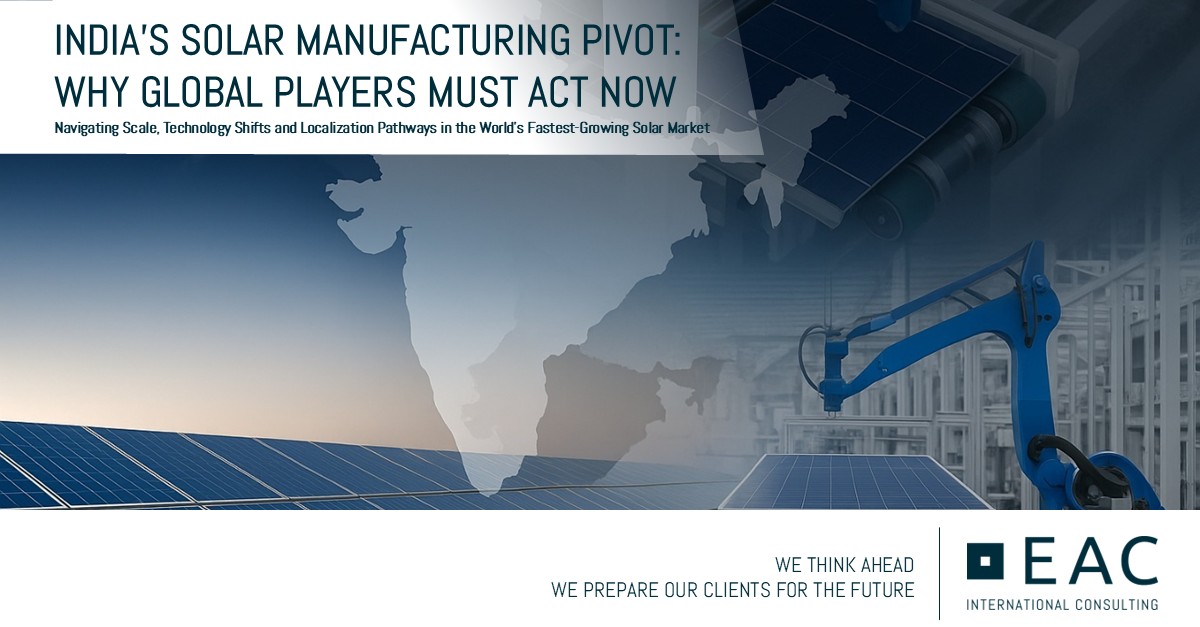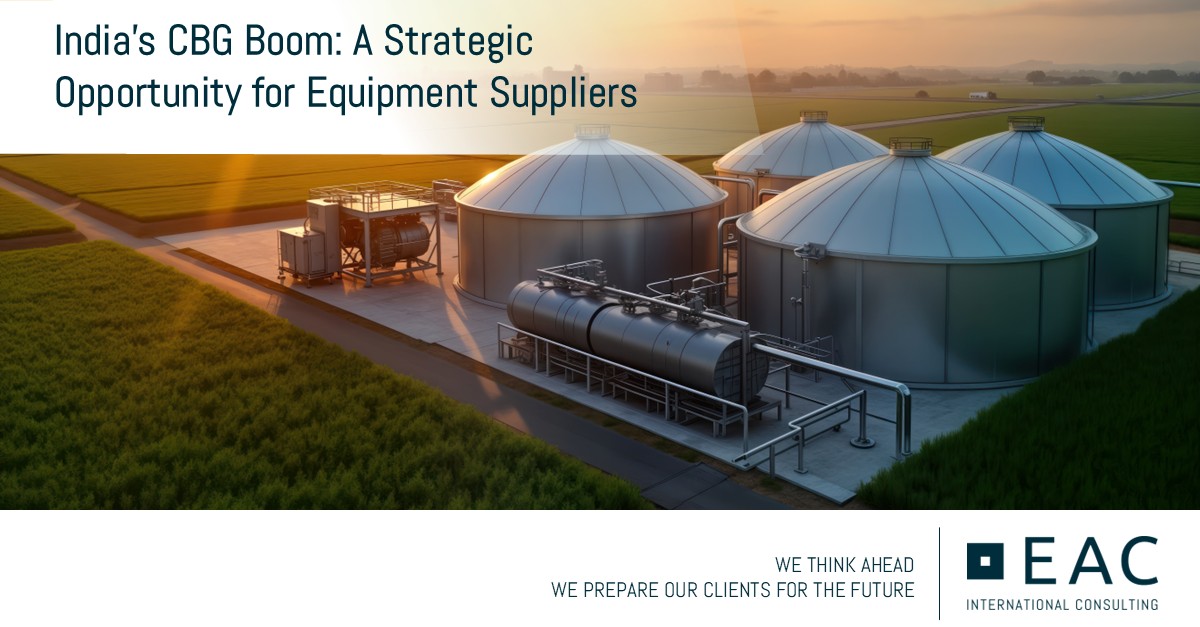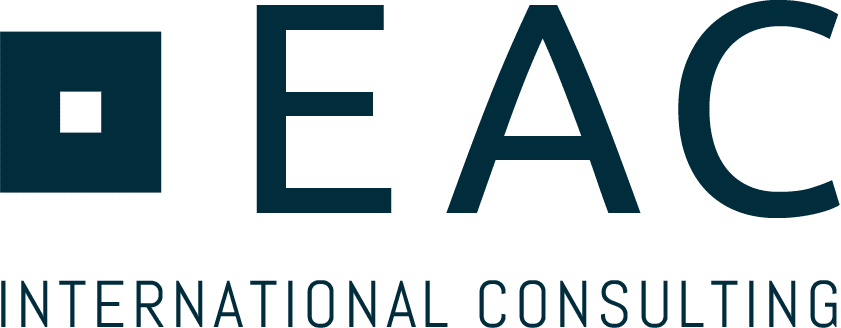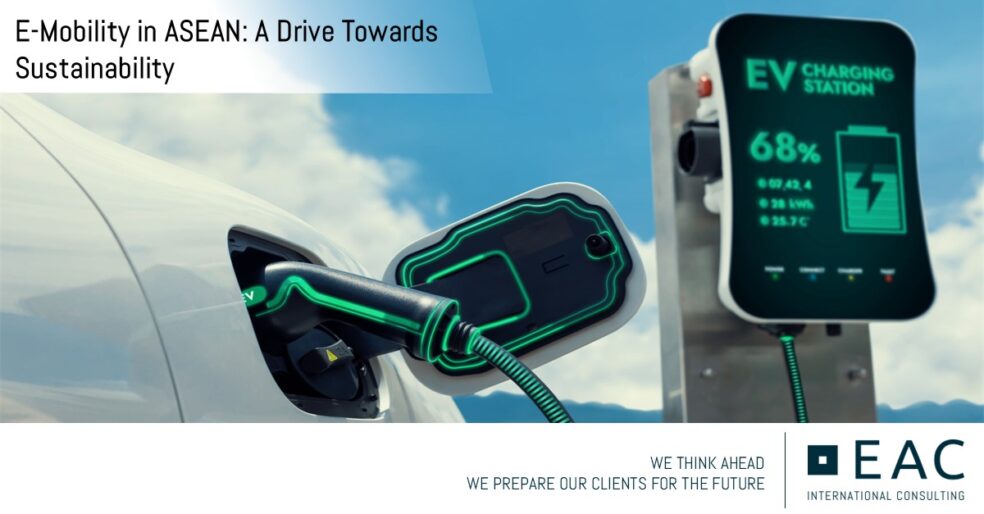E-Mobility in ASEAN: A Drive Towards Sustainability

Key ASEAN nations, including Thailand, Indonesia, and Malaysia, are at the forefront of this transformation. Thailand, with its established automotive industry, is well-positioned to leverage its manufacturing capabilities to produce EVs. Indonesia, rich in natural resources, is focusing on developing a domestic EV ecosystem, encompassing battery production and charging infrastructure. Malaysia, with its strong technology and innovation ecosystem, aspires to become a regional hub for EV technology and services.
The adoption of electric vehicles (EVs) in ASEAN is driven by a confluence of factors. Increasing environmental consciousness, coupled with supportive government policies and advancements in battery technology, is accelerating the shift towards EVs.
While the future of e-mobility in ASEAN is promising, several challenges persist. Expanding the charging infrastructure is crucial to support the growing number of EVs. Continued advancements in battery technology are necessary to improve EV range, reduce charging time, and lower costs. Ensuring a stable supply chain for critical components, such as batteries and semiconductors, is essential for the long-term growth of the EV industry. Educating consumers about the benefits of EVs and addressing concerns about range anxiety and charging infrastructure can further accelerate adoption.
Despite these challenges, the ASEAN EV market presents immense opportunities for businesses across the value chain. Vehicle manufacturers can develop and produce a diverse range of EV models to cater to different consumer segments. Battery manufacturers can invest in battery technology and production facilities to meet growing demand. Charging infrastructure providers can build and operate charging stations to support EV adoption. Component suppliers can provide high-quality components, such as motors, inverters, and power electronics. Energy storage solutions can be developed to integrate renewable energy sources with the EV ecosystem.
To delve deeper into the intricacies of ASEAN's e-mobility landscape, please refer to EAC's insightful market insights which can be downloaded here.
By partnering with EAC International Consulting, you can harness the potential of the ASEAN EV market and achieve sustainable growth. Our team of experts - Daniel Berger, Addie Wei, and Johan Zainal, can be contacted to discuss comprehensive range of services to support your business from market entry strategy to regulatory compliance, supply chain optimization, investment advisory, and business development.
Latest
INDIA’S SOLAR MANUFACTURING PIVOT: WHY GLOBAL PLAYERS MUST ACT NOW

India’s CBG Boom: A Strategic Opportunity for Equipment Suppliers

India’s High-Performance Coatings Market as a Growth and Manufacturing Platform for Specialty Chemical Companies

Unlocking Feedstock Potential: Pathways to Reliable CBG Supply Chains in India


